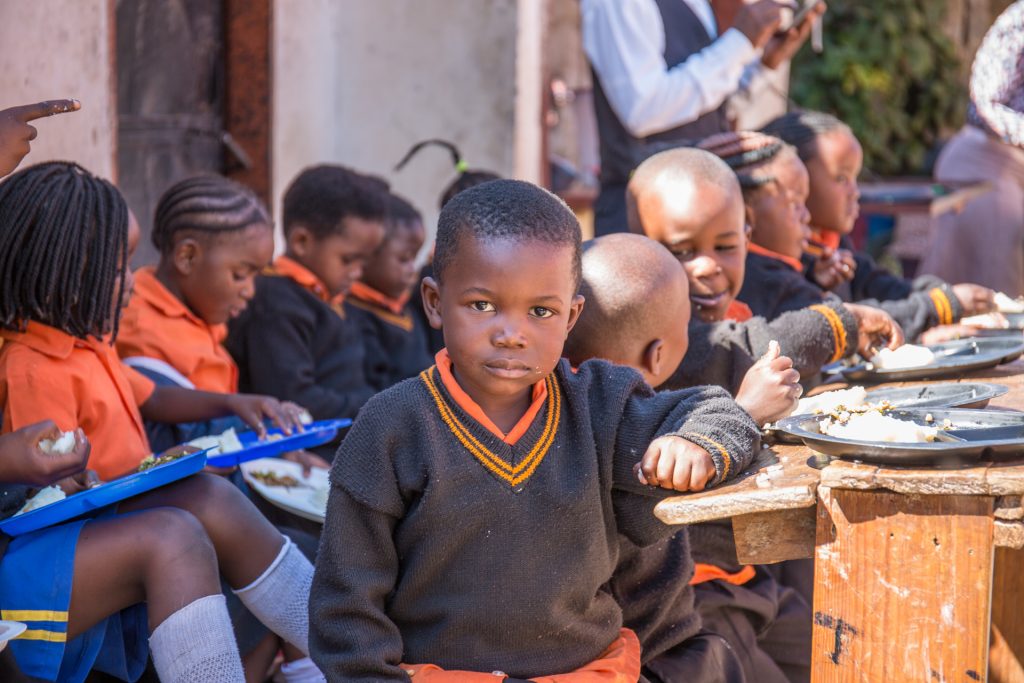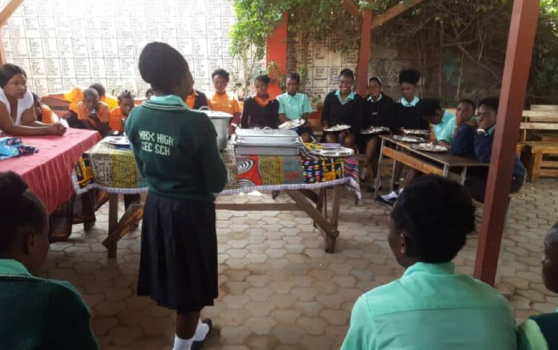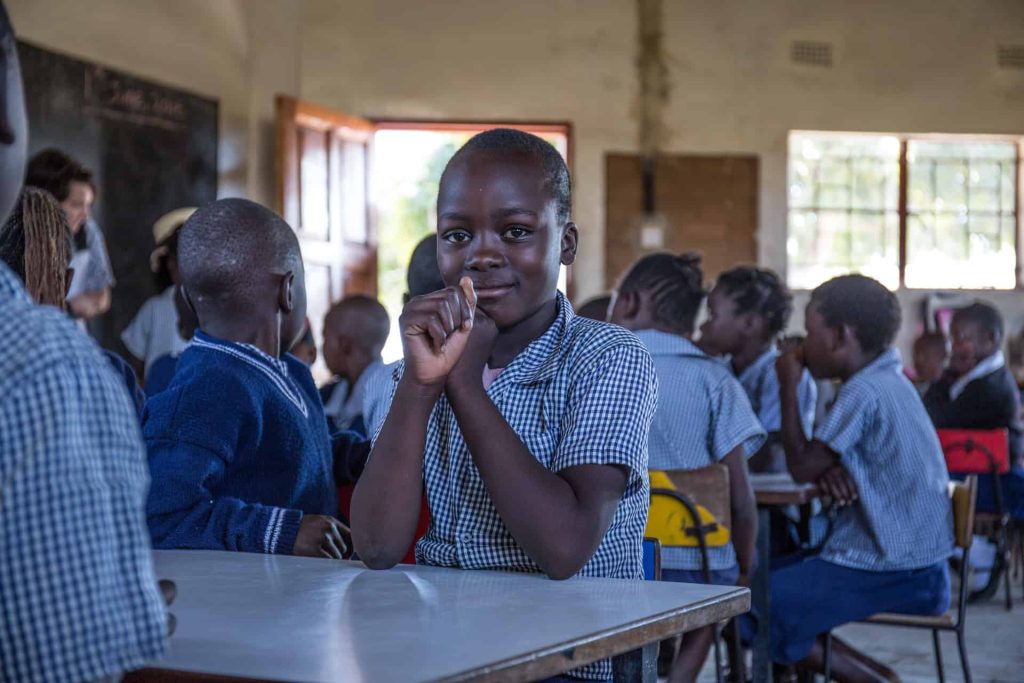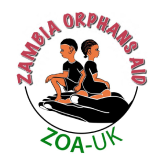Our Impact
Our impact
ZOA is a small charity with BIG ambitions for the young people we work with. We pride ourselves on being a small, nimble charity that can adapt our approach as necessary, working closely with our local, grassroots partners who are our ear to the ground. COVID-19 has proved the importance of our approach. It has meant we’ve been able to respond quickly to the changing situation to keep reaching the most vulnerable, despite the challenges involved.

Accountability
The way we work means we can keep our support costs low allowing more of your donations to be spent in Zambia on the orphans and vulnerable children who need our support the most.
Our supporters are what make it possible to give a helping hand to the children we work with. Without your help, we wouldn’t be able to do what we do.
Our annual Trustees’ Report and Financial Statements show how, with your support, ZOA is helping orphans and other vulnerable children to change their future through education
Our annual report includes our audited accounts, explaining where our income comes from and how we’ve spent it.

2021/22 in numbers
reached
Our Work

Sustainability
We engage with communities to achieve long-term change, empowering orphans, vulnerable children and youths through education to contribute to Zambia’s development.
Although we have sent £2 million in grants to Zambia since 2006, we ultimately want to take ourselves out of the equation. We don’t want to create donor-dependency, which is why we partner with grassroots, community-based organisations who are our valuable partners.
We work with our local partners to develop their capacity and, when appropriate, encourage them to develop other income streams to help them move towards financial sustainability.
For example, we supported our local parter, Chibolya Community School (CEHOZ) start a fish farm to provide an income to help become more self-sufficient. Surplus fish are cooked as part of the free school lunch provided for vulnerable children at Chibolya School in Southern Province, an area that often experiences food insecurity.

How we work

